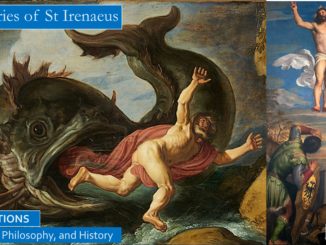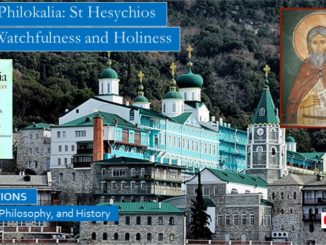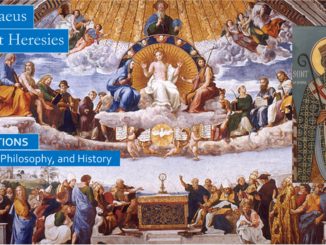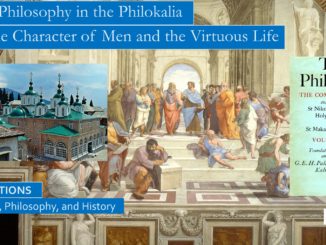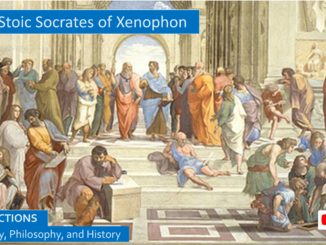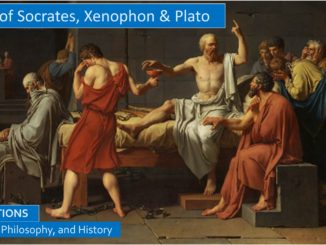
Exposing Origins and Nature of the Wiccan Movement, from Atlantic Magazine
In all probability, not a single element of the Wiccan story is true. The evidence is overwhelming that Wicca is a distinctly new religion, a 1950s concoction influenced by such things as Masonic ritual and a late-nineteenth-century fascination with the esoteric and the occult, and that various assumptions informing the Wiccan view of history are deeply flawed. Furthermore, scholars generally agree that there is no indication, either archaeological or in the written record, that any ancient people ever worshipped a single, archetypal goddess—a conclusion that strikes at the heart of Wiccan belief. […]

